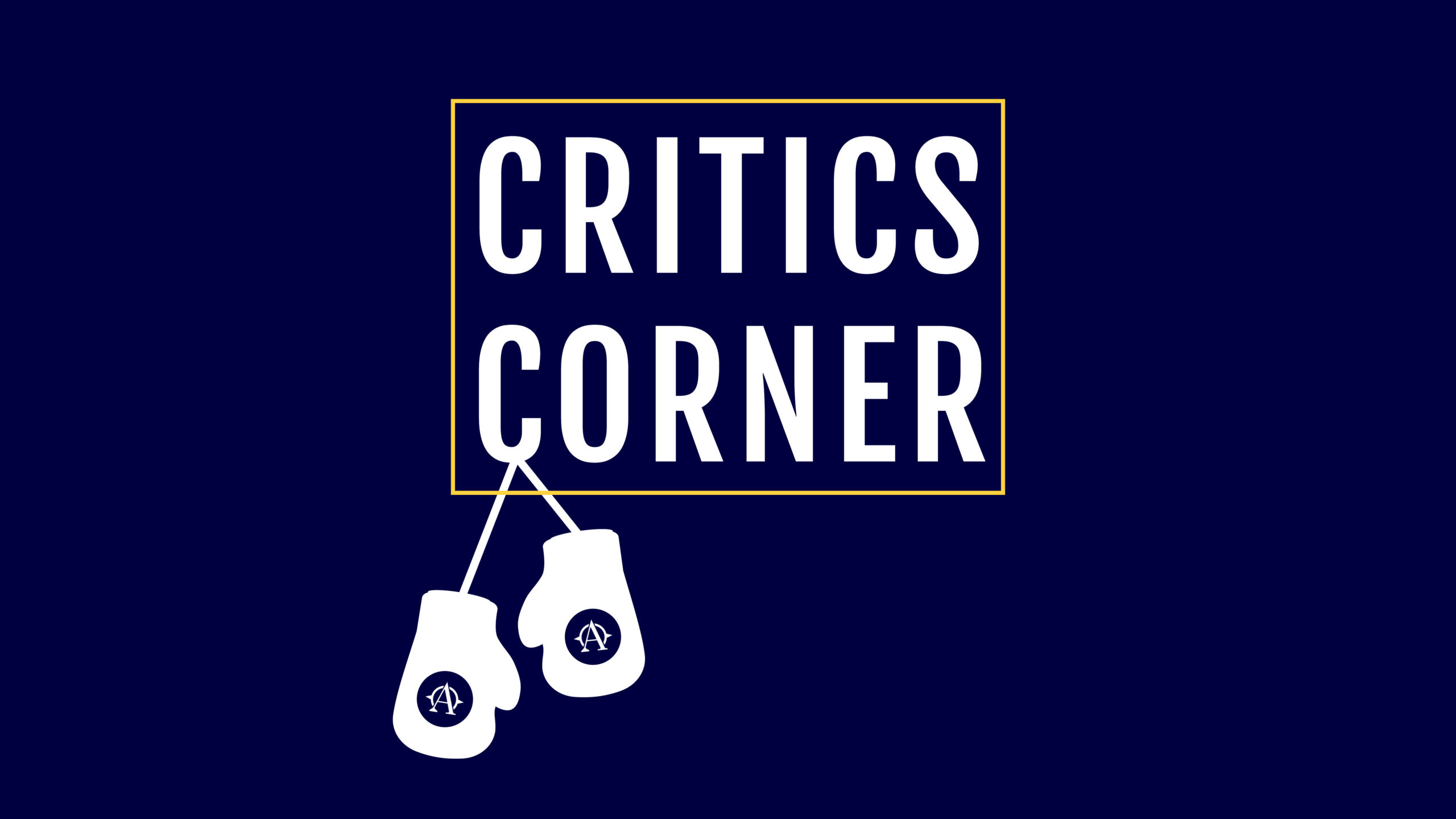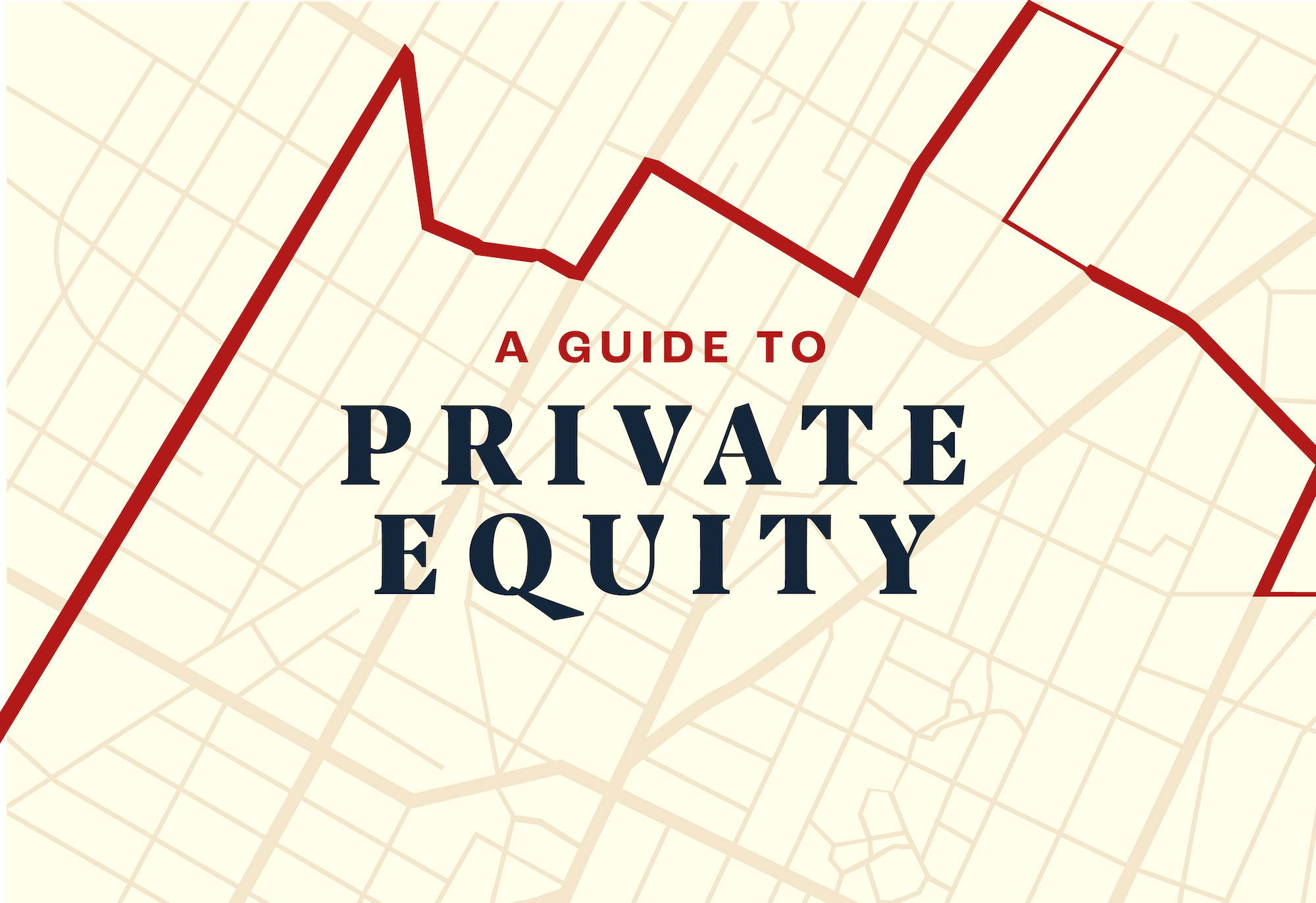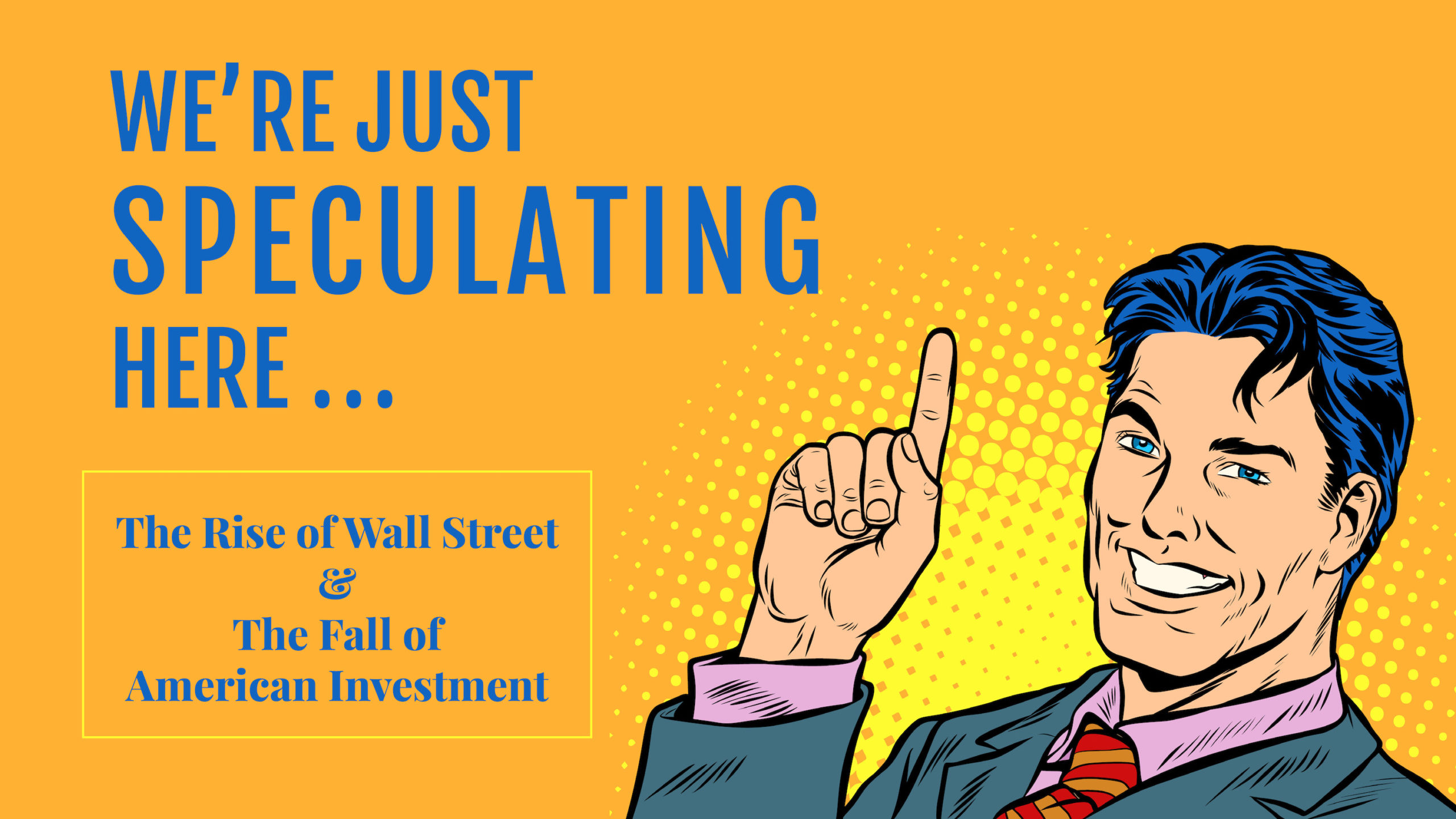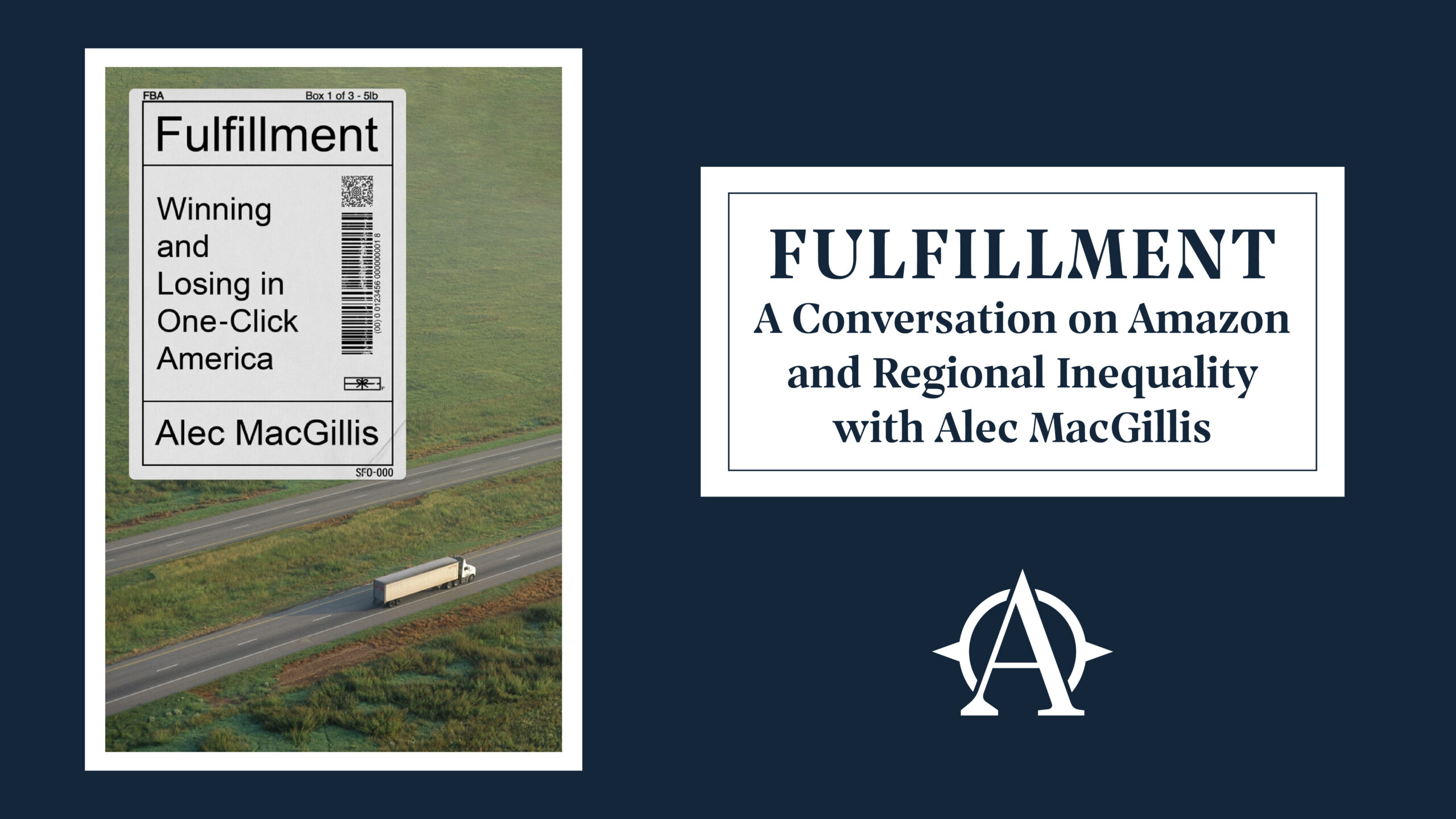Gimme Shelter
Only the Rich Can Play is an uncomfortable reminder that no matter how much you may appreciate an idea’s intellectual lineage or conceptual clarity, no plan survives first contact with the enemy. It deserves inclusion on political science syllabi as a case study in how a billionaire’s idea can flow from a Davos brainstorming session to Washington’s halls of power and become the law of the land.






















